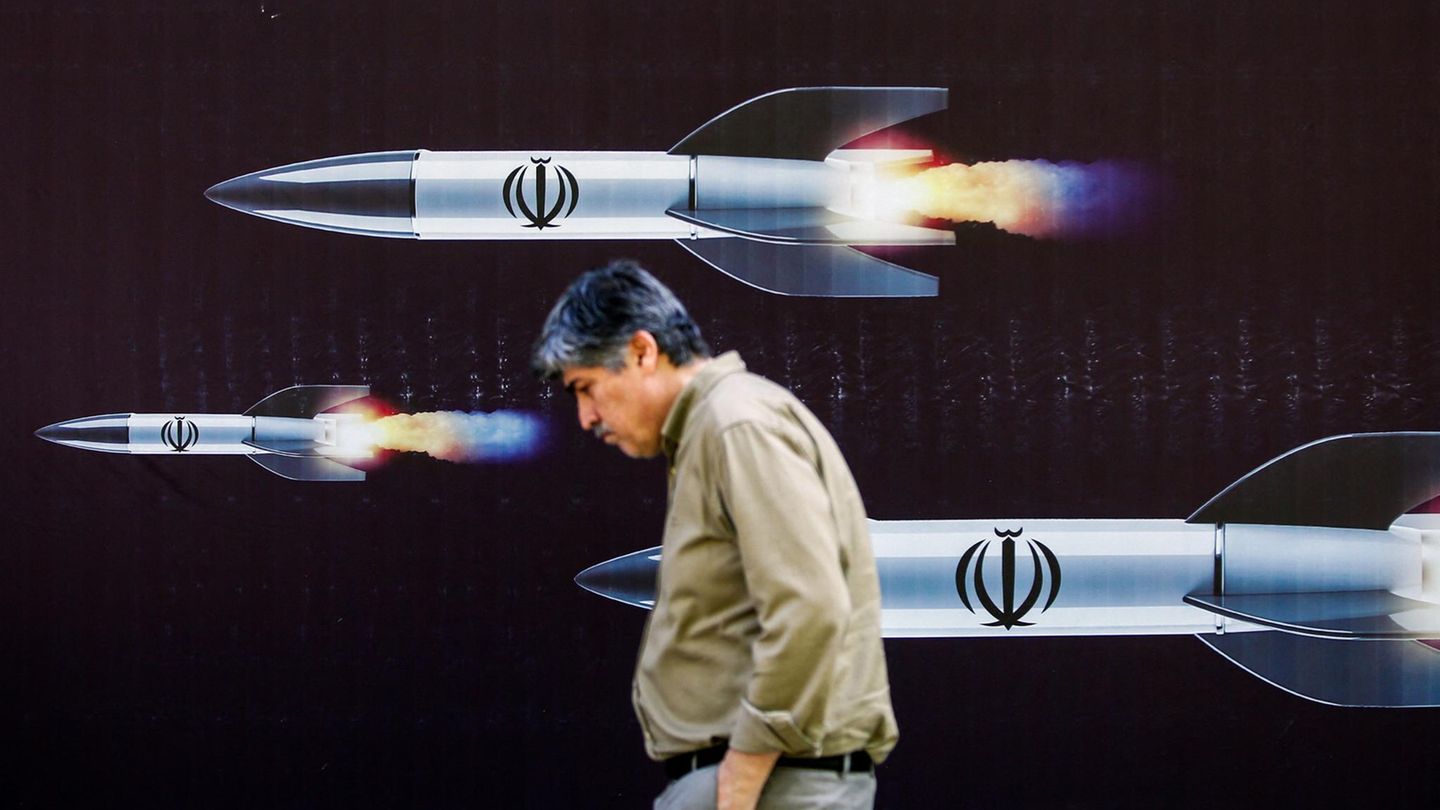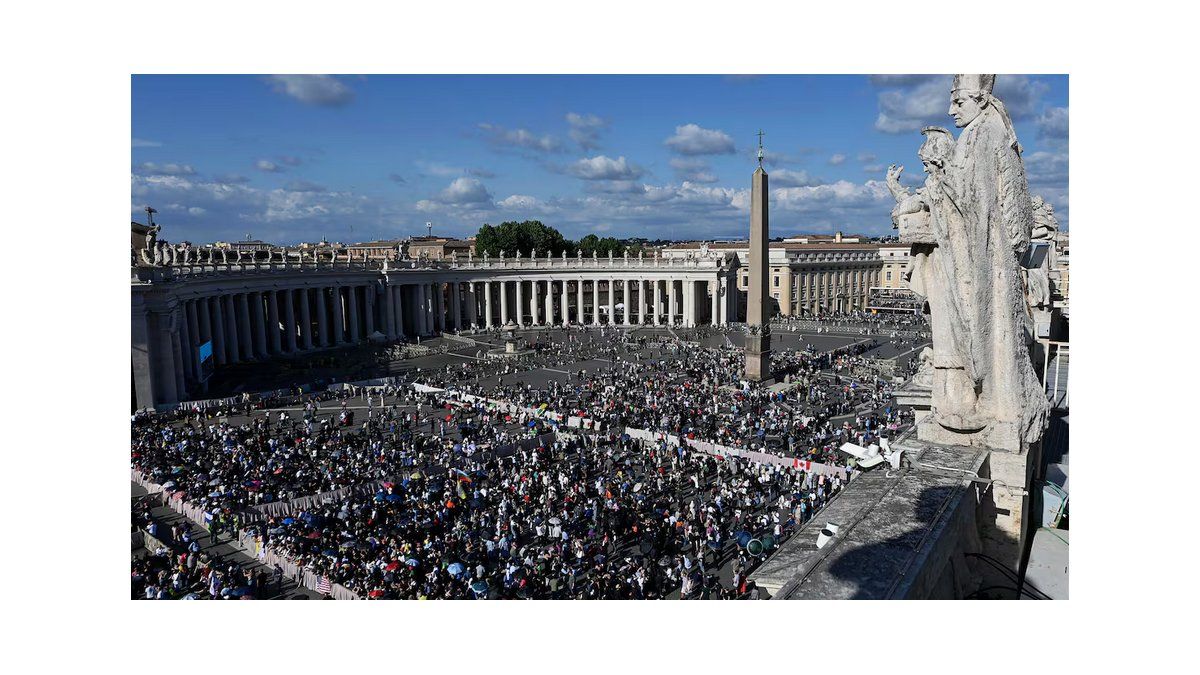On Friday night, Israel apparently attacked a strategically important military base near Isfahan in Iran. Nearby, the Tehran regime is working on nuclear armament. And the goal also has great symbolic value.
Israel’s response to Iran was only a matter of time. And yet it came as a surprise. It was recently said in Tel Aviv security circles that Prime Minister Benjamin Netanyahu would wait until after the seven-day Passover festival, which begins next Monday, to launch a retaliatory strike. Now Israel struck on Friday night. The details are still unclear.
What is certain is that explosions were heard around four in the morning in the northwest of Isfahan province. , which confirmed an air force base had been hit. Iranian state television attributed the banging noises to three drones that were successfully brought down from the sky. There was no major damage.
Israel targeted Iran’s most important base
Whether Washington or Tehran read it: Iran had been attacked. And even though neither Netanyahu’s government nor the Pentagon have yet publicly commented on it, the fact that Israel is behind the air strike is part of the logic of recent developments in the region. Tel Aviv had recently announced loudly that it wanted to strike back after the large-scale Iranian drone and missile attack on Israel last weekend. There had been much speculation about possible paths that Netanyahu and his military officers would now take.
Why did it hit Isfahan, a cultural city in the center of Iran with almost two million inhabitants?
“It seems that some drones and missiles in the Iranian attack on Israel started from here,” explains Meir Javedanfar, an Iranian-born Israeli who teaches at Reichman University near Tel Aviv. According to Javedanfar, the attacked air base is one of the most important in the country, ironically once built by the USA. “A large part of Iran’s defense sector, including missile factories, are located in this region. The Iranian leadership also produces yellowcake in Isfahan, a mixture of uranium compounds that is needed for nuclear power plants.”
The production facility is considered the largest nuclear research center in Iran. According to the International Atomic Energy Agency (IAEA), it remained undamaged. The target therefore has primarily symbolic value. Was it a warning shot? Did Israel want to test Iranian air defenses? An Israeli official told The Washington Post that the strike was aimed at “signaling to Iran that Israel can strike on its soil.”
The regime in Tehran is downplaying the attack. You shouldn’t trust him
Iran, on the other hand, is trying to downplay the attack. A statement from the Secretariat of the Supreme National Security Council said: There was no foreign attack on the country. Iran is in “a completely normal state”. A senior Iranian official told the Reuters news agency that it was not an “external attack,” but rather an “infiltration.” For Iran expert Javedanfar, only one actor comes into question in this case: not the Israeli military, but Tel Aviv’s foreign secret service, the Mossad.
Either way, some observers even interpret it as possible that the latest counterattack, like Iran’s drone swarm attack on Sunday morning, apparently did not result in any serious material or human damage and that Iran, unlike usual practice, does not blame Israel by name for the attack Way out of the escalating situation. According to initial reports based on Iranian insiders, the regime does not appear to be planning a military response.
On the other hand, Tehran had also drawn a red line: an attack on its own soil would be severely punished. A reaction could still follow. Sooner or later, before or after Passover. Nobody knows anything for sure. First there is deception, then shooting. These are the new rules of the game between Iran and Israel.
Source: Stern
I have been working in the news industry for over 6 years, first as a reporter and now as an editor. I have covered politics extensively, and my work has appeared in major newspapers and online news outlets around the world. In addition to my writing, I also contribute regularly to 24 Hours World.




